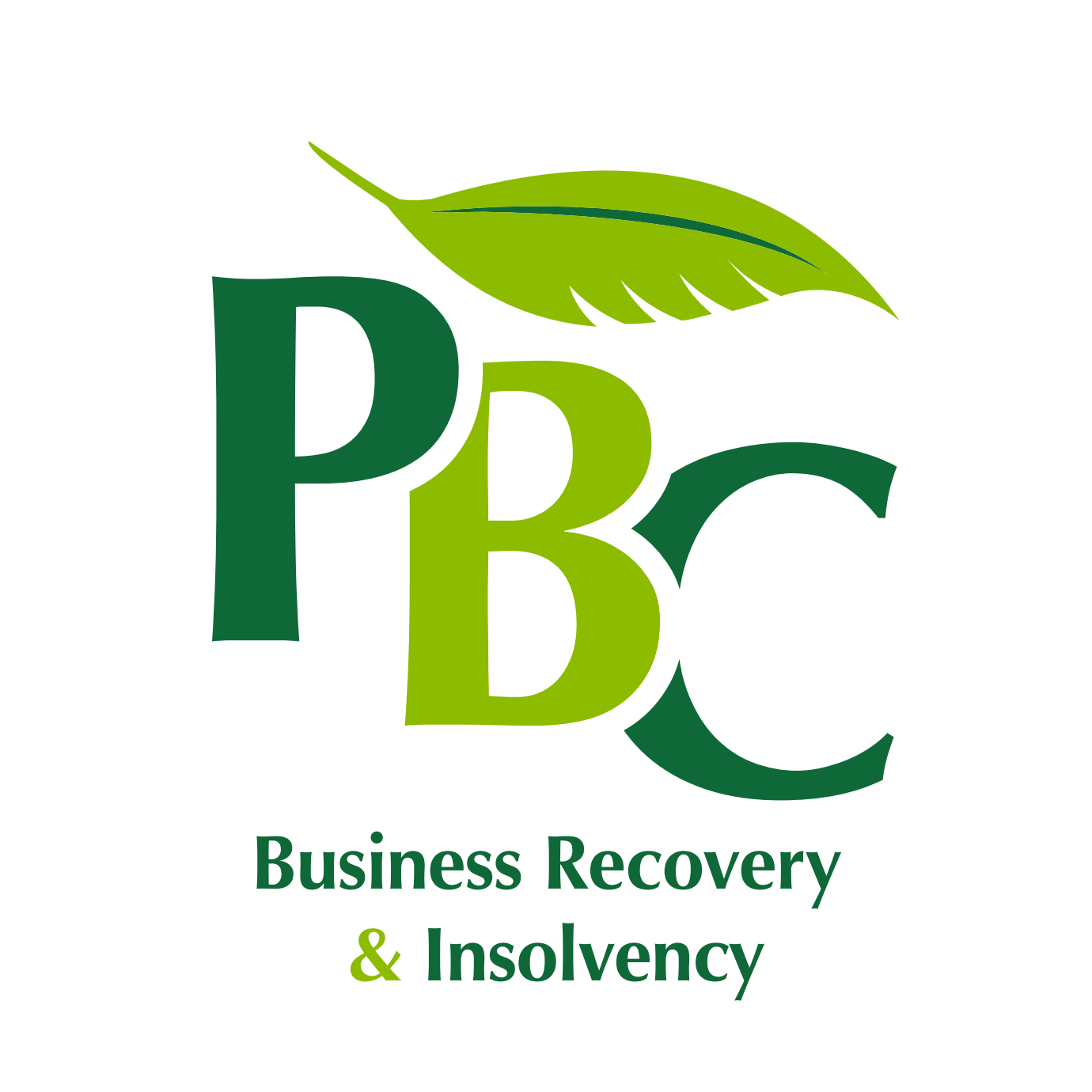Readers will often see phrases such as ‘Provide the best advice, no matter what the fee consequence…’. However, how often do you hear someone add to that, ‘and what it is you want’?
Personally, I fail to see how you can receive the right advice without first understanding what you, the potential client, are hoping for, because is that not the basic principle behind managing expectations?
Many have an (understandable) perception that all insolvency practitioners do is administer insolvency estates and in many cases that may be correct. That is not all we do at PBC. Yes, we can (and do) accept appointments on the whole spectrum of insolvency types, including some challenging tasks which have included setting a legal precedent in 2016 when we questioned the validity of an administrators’ appointment.
At PBC our services also include:
- Advice to professional advisors when they are, in turn, advising clients.
- Advice to (and representation on behalf of) creditors on both their rights and the problems they are facing.
- The ability to refer people to the right advisors, whether that is legal, accountancy-based or specific, such as involving personal guarantees.
- Mediation services – at the time of writing, and as the practice’s CEDR accredited mediator, I have successfully settled every dispute where engaged as the mediator.
- Probate services where Gavin Bates is a qualified person for handling (and/or assisting on) deceased estates.
- Two nationally recognised speakers who present regularly at seminars.
We truly believe it is not what you know, but who you know and the business community of Northamptonshire should have our contact details saved as someone they know who will provide the best level of excellence and expertise an insolvency practitioner can provide.
Mediation Services
As solicitors will inform you, courts now look for Alternative Dispute Resolution (ADR) as opposed to disputing parties ‘going to war’ with lengthy and (usually) expensive proceedings where, at trial, the outcome can still be something of a lottery. The times I have read about someone winning at court but the costs inherent with the matter dilute, or even extinguish, the award given.
The principal ADR vehicle is mediation and, as a mediator accredited by the Centre for Effective Dispute Resolution, I am a member of the largest organisation of mediators. Since launching the service I have been asked to handle disputes concerning liquidators pursuing directors for personal liability, ranging from £90,000 to £650,000. I have even acted as mediator where a former bankrupt was pursuing his former trustee under several headings, including professional negligence. To date, a settlement has been secured on every matter I have presided over.
Litigation will be around forever because people will inevitably have disagreements. However, in my experience, often the litigating parties have lost the ability to see the wood from the trees, while costs are mounting and, in many cases, the distraction from their normal daily lives can be destructive. This is where a mediator earns his keep. He is a neutral facilitator for trying to resolve a dispute.
Mediation often draws out the principal facts and, if the parties remain open-minded, can get them to recognise the degree of commerciality of their (litigious) actions. The courts prefer mediation as a way forward and will often ask if it has been considered. Having that neutral facilitator to try and settle a dispute can save a lot of time, effort and money.”
Probate Services
PBC are about to launch a new service following the qualification attained by Gavin Bates to administer deceased estates.
A taboo subject for many is death. Unfortunately, PBC have been engaged on several deceased estates, including a person who passed away intestate leaving a business incorporating over 130 buy-to-let properties and a solicitor who died suddenly, leaving a wealth of issues, including handling the daily affairs (under a power of attorney) of an elderly person.
All too often, directors pass away unexpectedly leaving their business with nobody to deal with its daily operations. With his insolvency knowledge coupled with his probate qualification, Gavin can assist executors of a will with trading or, if appropriate, disposal of a business where the business owner has passed away.
The other significant point is that executors maybe confronted with an insolvent estate where anything they do could result in personal liability.
It may appear shocking to readers that an individual can be made bankrupt notwithstanding they are deceased. The Administration of Insolvency Estates of Deceased Persons Order 1986 replaces bankruptcy, although it still adopts bankruptcy statute when the estate is being administered.
Gavin says: “Death is generally a taboo subject. Unfortunately, at the time it occurs, all too often the family and friends are not of the right mindset to be thinking about keeping a business operating, where wages are payable or the deceased was the sole cheque signatory, for example. This is where PBC can offer a service to the executors and their advisors, using our experience as insolvency practitioners and applying the practical solutions required to ensure the deceased estate and its executors are protected.”
If you require any advice or assistance on mediation or probate matters, or any other insolvency-related issue, then please contact PBC Business Recovery & Insolvency to discuss and advise on your situation. Call Gary Pettit or Gavin Bates on 01604 212150 completely confidentially.


